American media captured an unusual mark on President Biden’s face yesterday. The White House explained that President Biden used a CPAP machine to help treat his sleep apnea, which is a severe sleep disorder where patients experience pauses in breathing for 10 seconds or longer.
It is estimated that 25 million adults in the United States suffer from “obstructive” sleep apnea, and globally, this number is over 900 million. The condition occurs when the airway is blocked due to relaxed, excessive, or weak soft tissues. As people age, muscle tension, including in the soft palate and neck, decreases, making sleep apnea common among individuals over 50. However, severe cases can also occur in younger age groups.
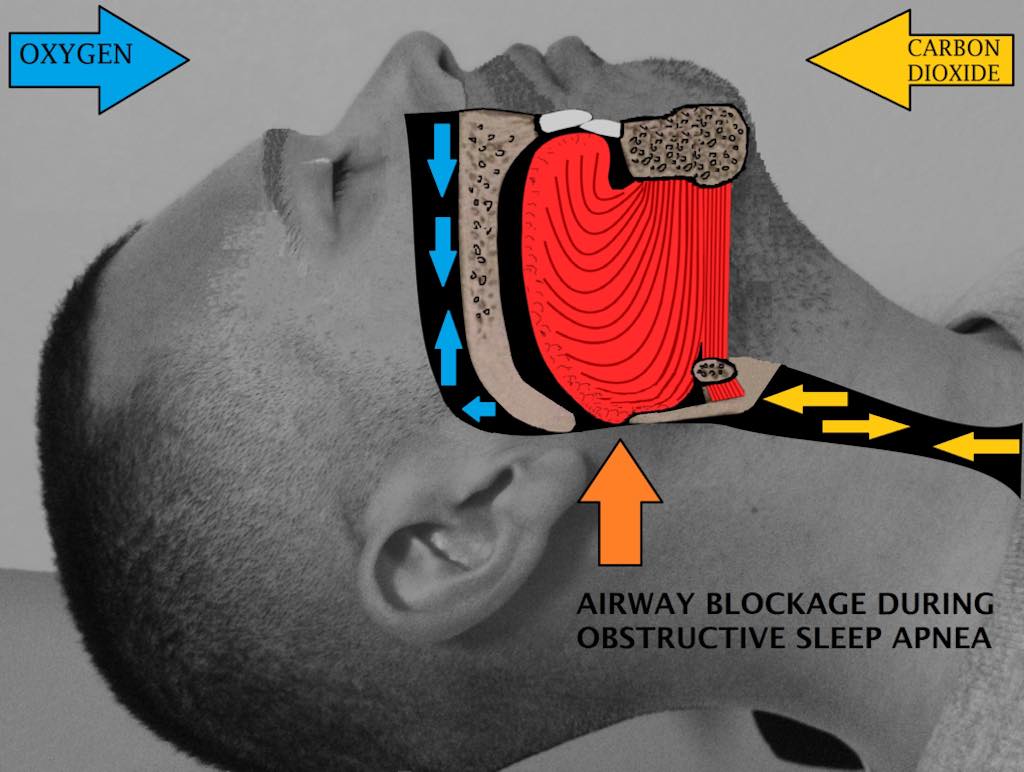
Image: Drcamachoent / Wikimedia
If left untreated, obstructive sleep apnea can increase the risk of high blood pressure, heart disease, type 2 diabetes, depression, and premature death. Additionally, patients may struggle to sleep throughout the night, experiencing frequent awakenings, daytime sleepiness, loud and disruptive snoring, dry mouth or sore throat upon waking up, and morning headaches.
CPAP (Continuous Positive Airway Pressure) machine is a medical device used to treat obstructive sleep apnea. It involves wearing a mask over the nose and/or mouth during sleep, which delivers a continuous flow of high-pressure air to keep the airway open and prevent collapses and breathing pauses. Studies have shown that a sleep apnea machine can reduce the number of breathing interruptions by up to 90% during sleep, improving sleep quality and enhancing energy levels.
The video above demonstrates how to use ResMed’s CPAP machine.
Why use a CPAP machine?
The benefits of using a sleep apnea machine include:
- Reducing the number of breathing pauses during sleep
- Improving sleep quality
- Boosting energy levels
- Lowering the risk of health problems such as heart disease, stroke, and diabetes
- Enhancing overall health
Potential issues when using a sleep apnea machine:
- Nasal congestion
- Dry mouth
- Mask leakage
- Difficulty falling asleep
- Certain masks may cause skin irritation
It may take some time to adjust to using a sleep apnea machine, especially during initial use. CPAP machines are classified as Class II medical devices and require a prescription for purchase. If you are struggling with sleep apnea, it is advisable to see a doctor first. Some insurance plans may cover the cost of CPAP machines but may impose limitations, such as the types, brands, or even specific models available. They might require you to rent the machine first, or ask for evidence of regular CPAP machine usage.
Types of CPAP machines
- CPAP (Continuous Positive Airway Pressure): This is the most common sleep apnea machine that provides a constant airflow at a fixed pressure throughout the night. It is generally considered the most effective and cost-efficient method for treating sleep apnea.
- BiPAP (BiLevel Positive Airway Pressure): Also known as “bi-level” CPAP, these machines deliver two pressure levels – higher pressure during inhalation to support respiratory muscles and lower pressure during exhalation to allow more natural breathing. BiPAP machines are typically used for patients with additional health conditions like COPD or a history of heart disease, or those with more complex sleep disorders such as central sleep apnea.
- APAP (Automatic Positive Airway Pressure): Also called “auto-adjusting CPAP,” these machines use advanced algorithms to measure your breathing and adjust the air pressure accordingly. They are usually used for patients who have difficulty adapting to standard CPAP machines.
- Travel CPAP: These machines typically have the same functionalities as standard CPAP devices but are designed to be more compact and portable, suitable for frequent travelers.
Key components of a CPAP system include:
- CPAP machine: Generates the positive air pressure
- CPAP mask: Delivers pressurized air into your mouth or nose
- Connecting hose: Connects the CPAP mask to the machine. Some hoses may have a heating function to gently warm the airflow, making it more comfortable when entering your mouth or nose.
If you’re experiencing side effects like dry mouth, sore throat, or nasal congestion while using a CPAP machine, you can consider purchasing a humidifier, like the one below, which has received over 110,000 positive reviews on Amazon. Some CPAP machines also come with built-in humidification features.
Key points to consider for purchase
- Gradual pressure increase (ramp): The machine starts with a lower pressure to help you comfortably fall asleep, then gradually increases the pressure to your prescribed setting to ensure proper airflow when you need it the most.
- Automatic pressure sensing (auto ramp): Unlike a regular ramp feature based on a timer, auto ramp detects when you have fallen asleep before increasing the pressure.
- Exhalation pressure relief: Reduces the air pressure during exhalation for a more natural and comfortable breathing pattern. Many reputable manufacturers offer this feature with different names, such as ResMed’s EPR (Expiratory Pressure Relief), Resvert’s IPR (Intelligent Pressure Relief), and DeVilbiss’ SmartFlex.
- Leak detection: Some CPAP machines can detect if there is any leakage from the mask, tubing, or mouth, sounding an alerts or adjusting the airflow accordingly.
- Built-in humidifier: Adds moisture to the airflow, helping to prevent dryness in the mouth, airway, and nasal passages. Common methods include heated humidification (heating water to produce mist), cool mist humidification (allowing air to pass through water without heating it), and waterless humidification (capturing moisture from your exhaled breath, primarily found in travel-sized CPAP machines where access to clean water may be limited).
- Wireless sleep tracking: Records your sleep patterns and provides improved reports. Older models may require the use of storage cards, while newer models often have Bluetooth or wireless connectivity to link with your smartphone.
- FAA approval: Primarily applicable to CPAP machines designed for travel. If you need to use the machine during long flights, you should choose an FAA-approved model, which may have features to automatically adjust the airflow based on flight altitude.
- Power source compatibility: Almost all CPAP machines can use standard AC power. However, if you frequently travel, you may need to consider whether the machine can handle international voltage, DC power, or be used with a vehicle power source.
Recommended brands and models
The most reputable brands include:
- Philips Respironics: Established in 1976 in Pennsylvania, Respironics is a well-known American medical equipment brand. They introduced the first CPAP machine for treating obstructive sleep apnea in 1985 and were acquired by the global healthcare giant Philips in 2007.
- ResMed: A renowned medical equipment brand established in Australia in 1989, but later relocated to California, USA. Their headquarters are in San Diego, and they are listed on the NYSE. ResMed’s CPAP machines are relatively higher in price (considered upper-mid range), but they offer technology and quality that are worth the investment.
- Fisher & Paykel (F&P): A brand with over 50 years of history in the respiratory care field. Their products are known for their durability, extended warranty periods, and reasonable prices.
- Other notable brands include 3B Medical, Spirit Medical, Sunset Healthcare, Roscoe Medical, and more. While these brands may not have the same level of recognition as Respironics and ResMed, they may offer more budget-friendly options.
Here are some of the highly regarded CPAP machines:
Overall Best: ResMed AirSense 11
The ResMed AirSense 11 AutoSet CPAP is currently the best and top-selling CPAP machine on the market. It is reliable, durable, comfortable, and packed with features, all while maintaining a relatively competitive price. Its AutoSet feature adjusts the pressure according to each breath, making it particularly suitable for first-time CPAP users or those who struggle with fixed pressure settings. It supports ResMed’s myAir application, and its personal assistant feature provides interactive videos to guide you through setup and usage.
* All prices are at the time of writing
| Noise | 26.6 decibels | Weight | 2.75 pounds |
| Humidification | Built-in | Warranty | 2 years |
Feature highlights:
- Automatically adjusts pressure levels based on each breath, with reduced pressure during exhalation
- Detects your sleep state and gradually increases pressure to your prescribed level for more comfortable sleep
- AutoSet Response feature for smoother pressure increments
- Supports the myAir mobile app
- Care Check provides free guidance on usage
Best value: Luna G3
The Luna 3 CPAP machine by 3B Medical comes with a rich set of features and high-quality design, including a humidifier with heating function, gas leak alarm, cellular network connectivity for viewing or sending sleep health reports, exhalation pressure relief, auto-start, and progressive mode. It offers excellent value at this price point.
| Noise | 27 decibels | Weight | 3.75 pounds |
| Humidification | Built-in with heating feature | Warranty | 2 years |
Feature highlights:
- ResLex exhalation pressure relief feature for more comfortable airflow
- Built-in humidifier with automatic humidity control
- Gas leak alarm included as standard
- Cellular network module included as standard for viewing and sending sleep reports anytime
- Supports 3B Luna QR mobile app
Best travel machine: ResMed AirMini
The ResMed AirMini is the smallest portable CPAP machine on the market, weighing only about 10 ounces, yet it provides the same pressure intensity as standard models and offers common features such as auto-start and gradual pressure increase. It is FAA-approved with an automatic altitude adjustment feature, allowing for use during flights. The waterless humidification function means you don’t need to search for suitable water while traveling. It supports mobile app connectivity and control.
| Noise | 30 decibels | Weight | 0.66 pounds / 10 ounces |
| Humidification | Waterless humidification | Warranty | 2 years |
Feature highlights:
- Small size and lightweight
- FAA-approved with automatic altitude adjustment for use during flights
- All common features are packed into such a small size
- Supports Bluetooth wireless connection with AirMini mobile app
Disclosure: We are an Amazon Associate. Some links on this website are affiliate links, which means we may earn a commission or receive a referral fee when you sign up or make a purchase through those links.

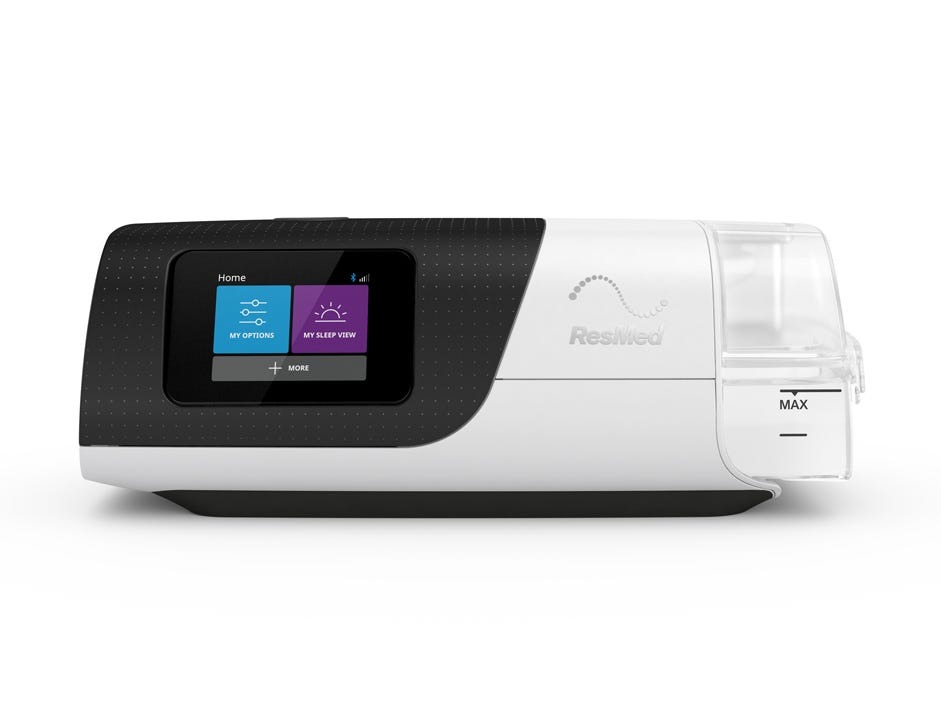
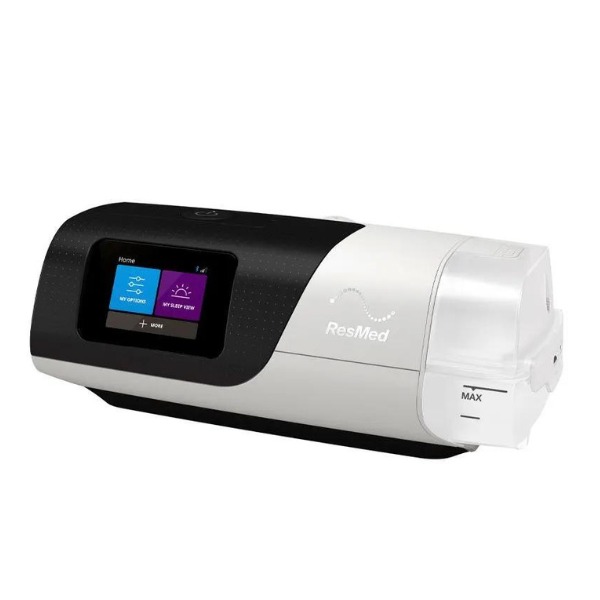
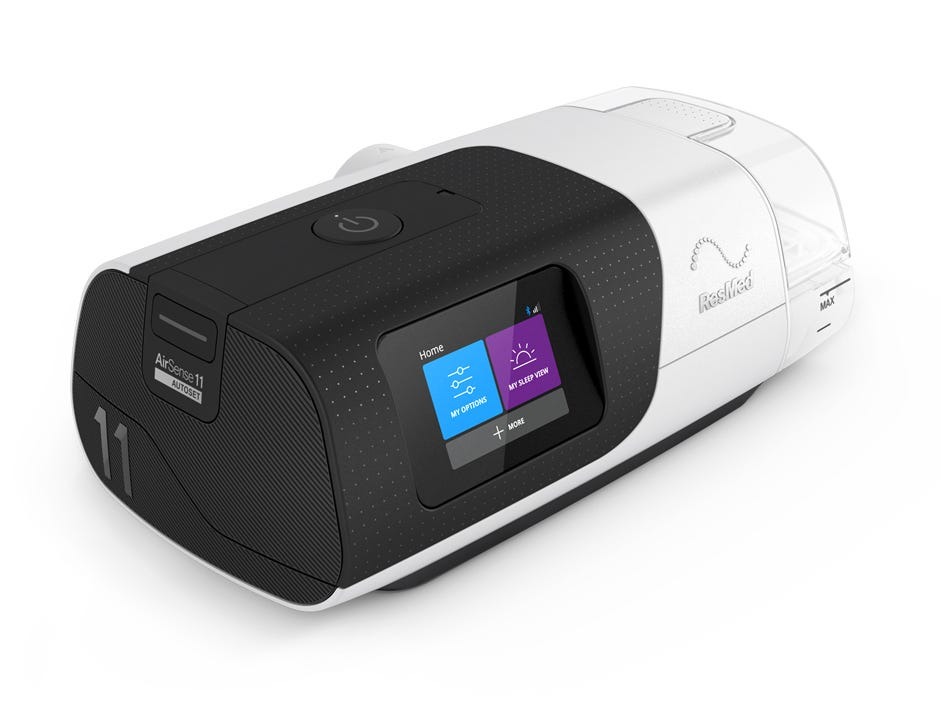
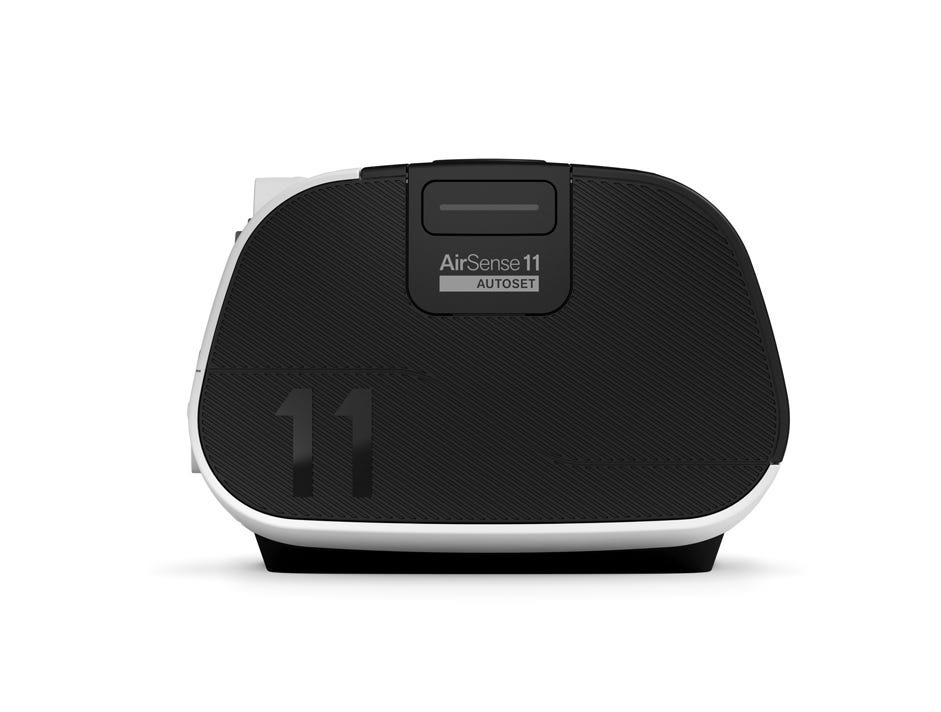
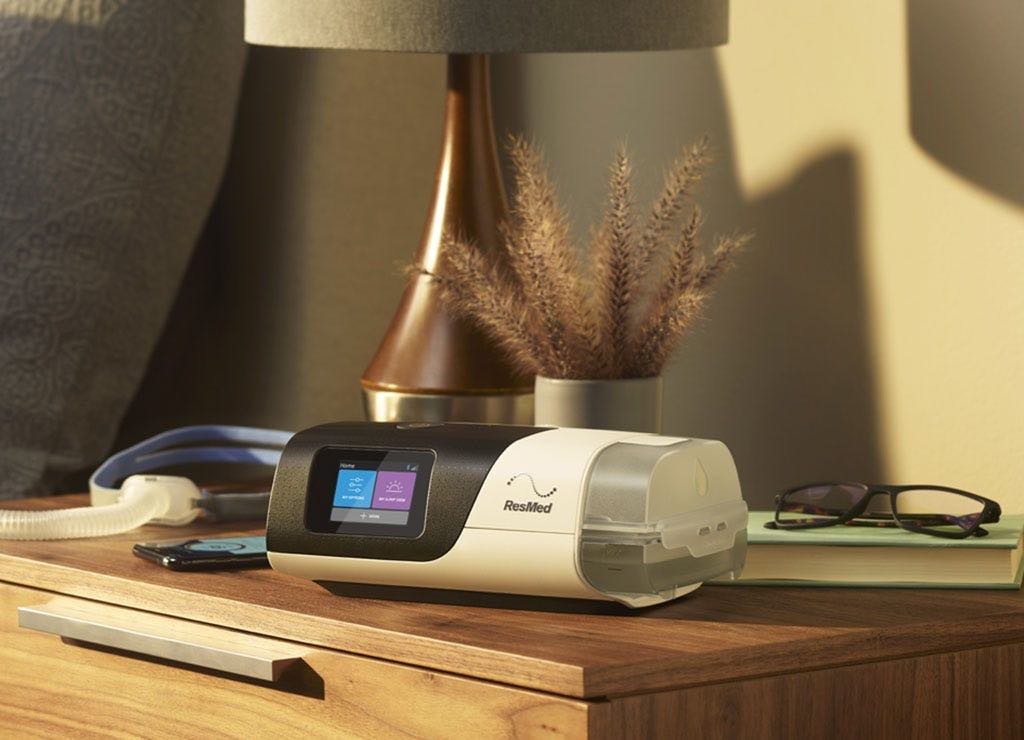
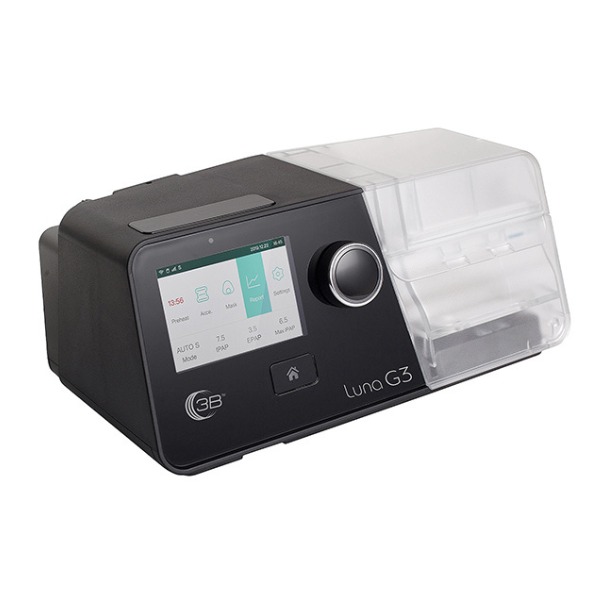
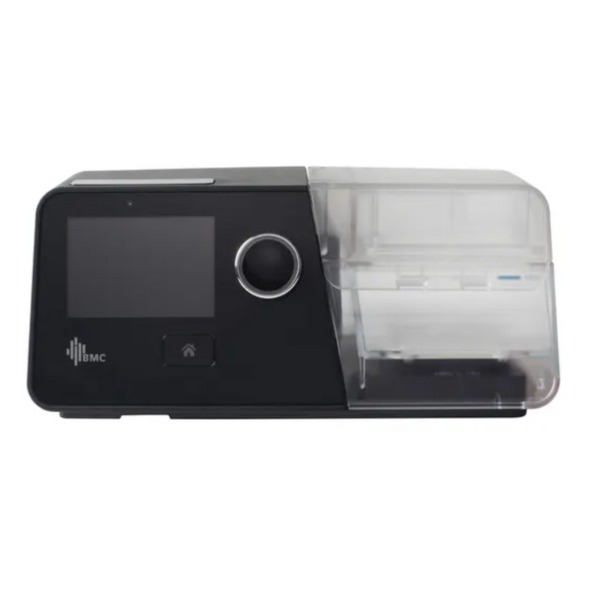
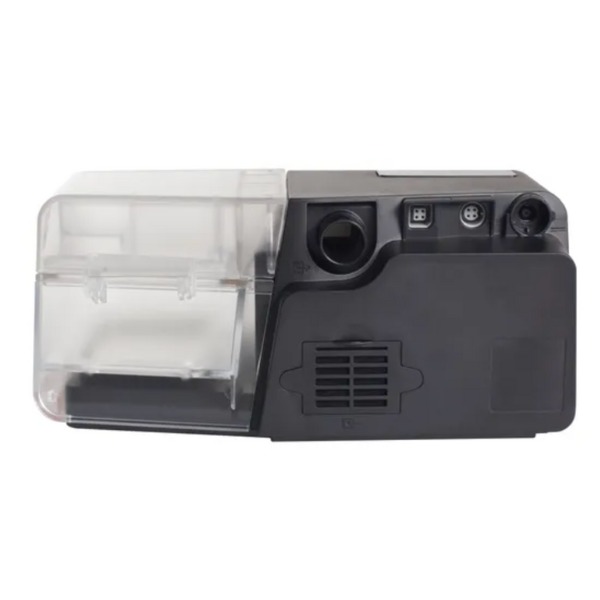
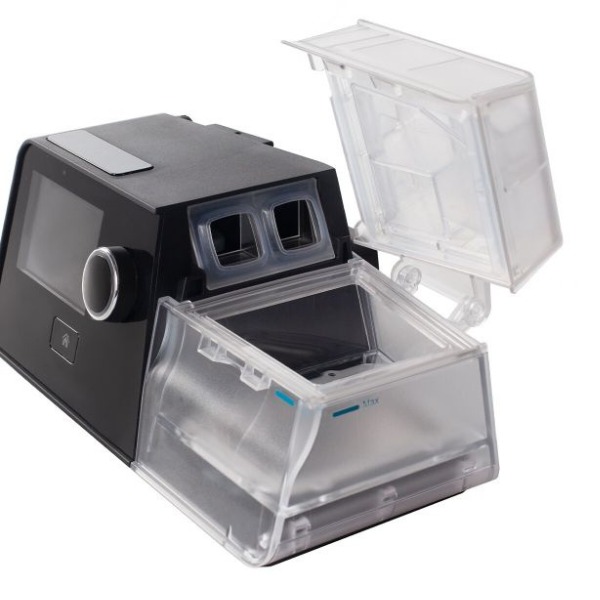
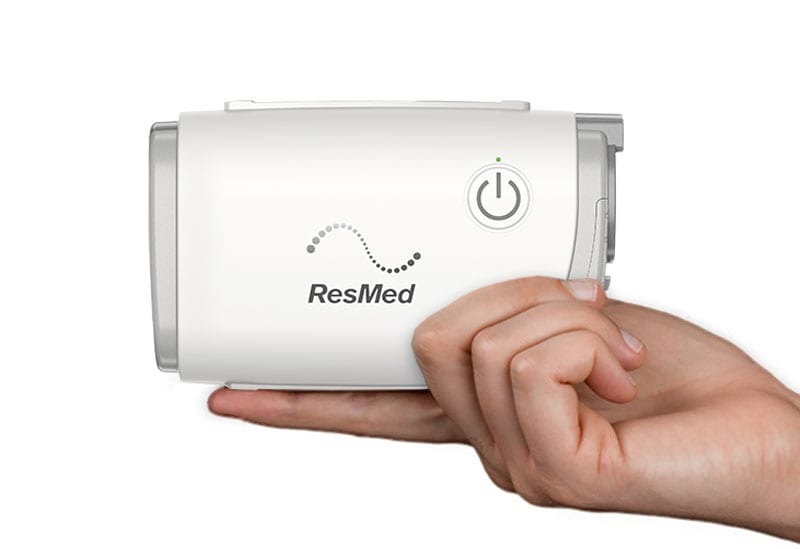
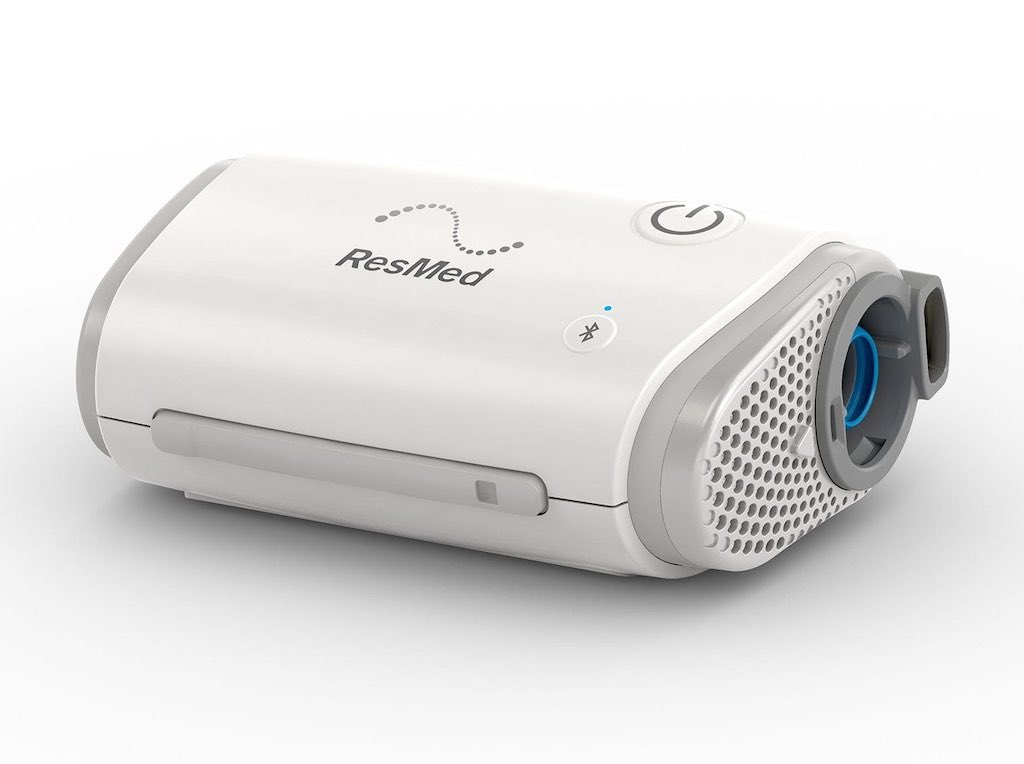
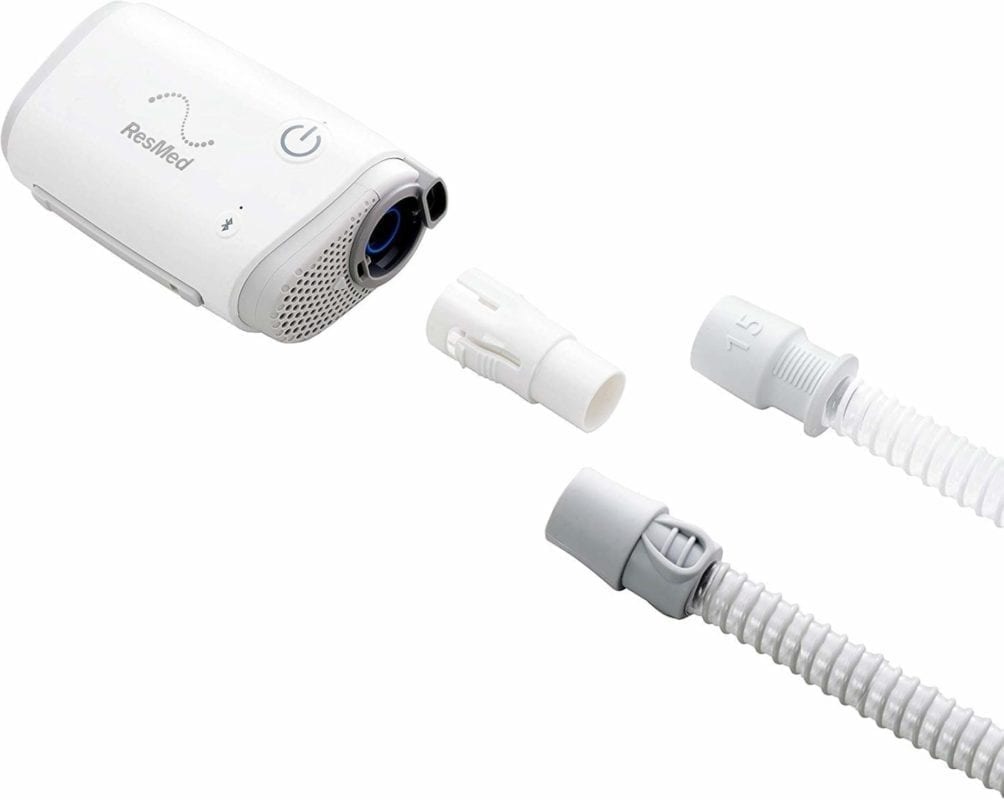
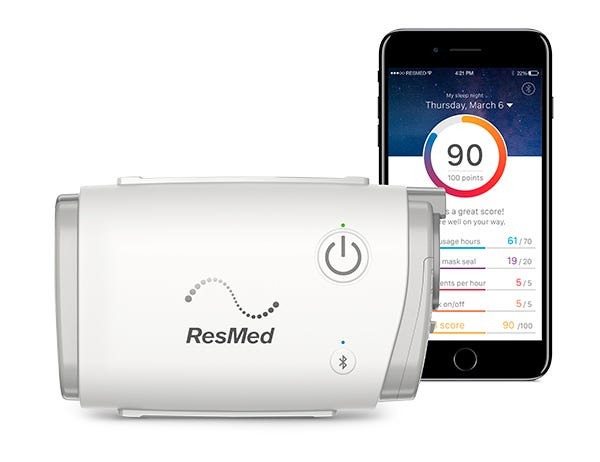
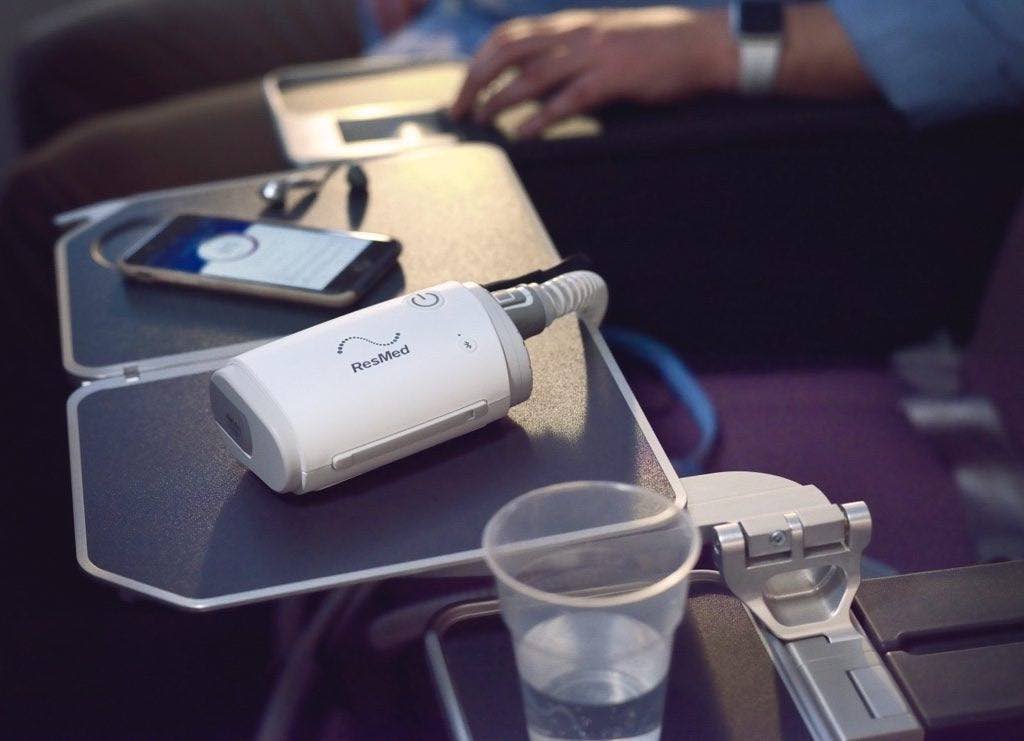
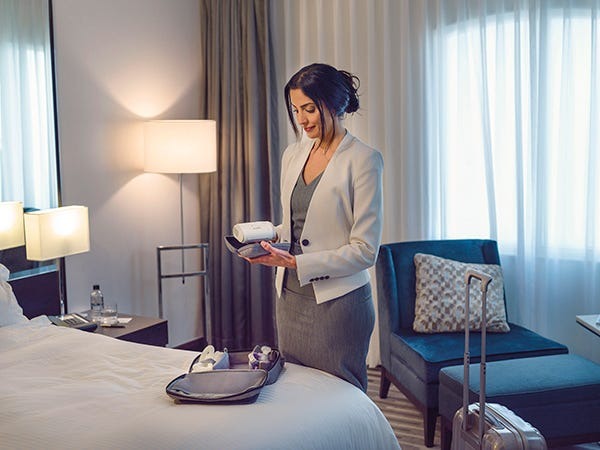
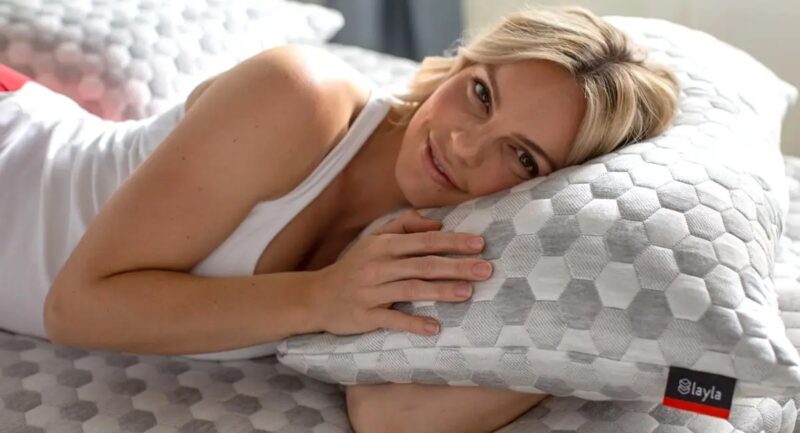


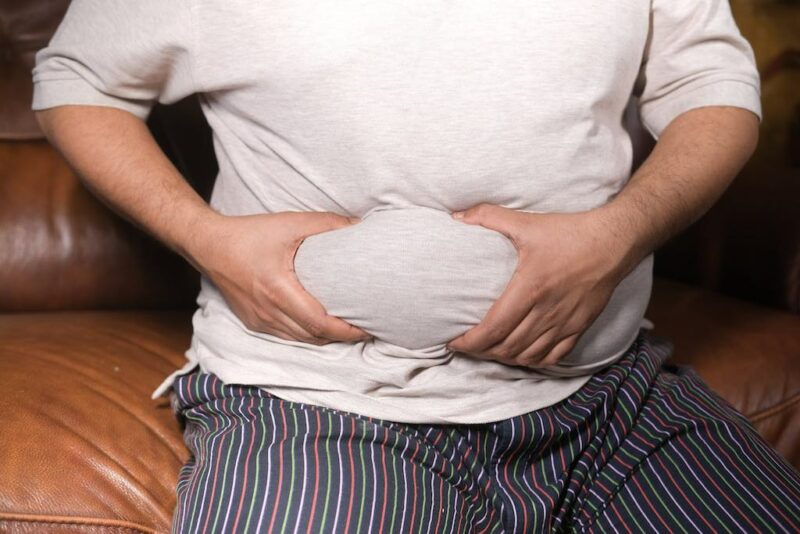
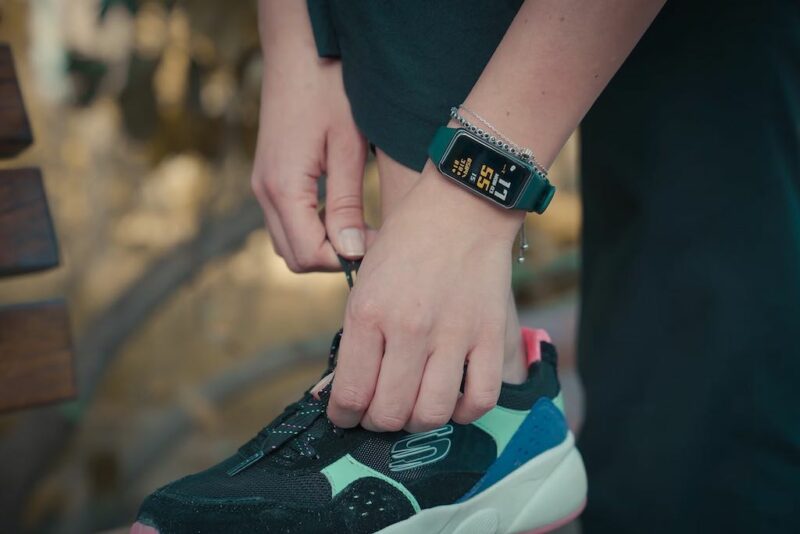
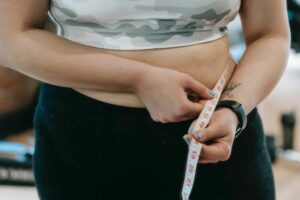

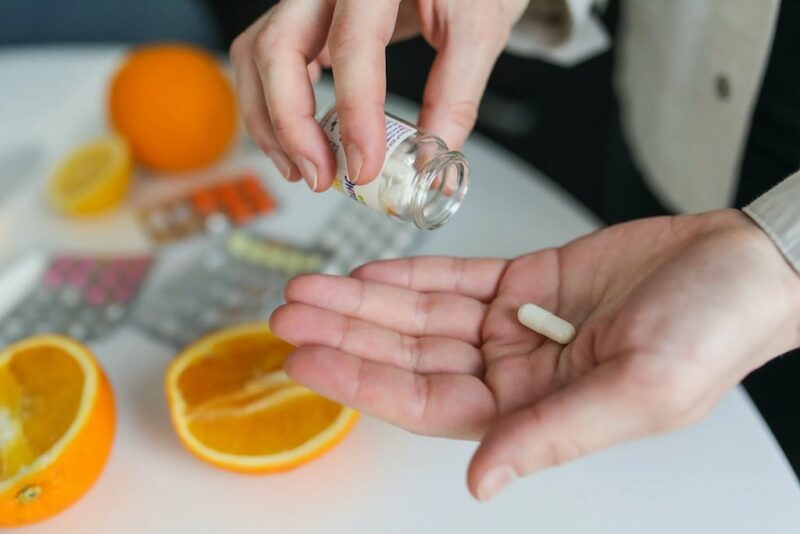
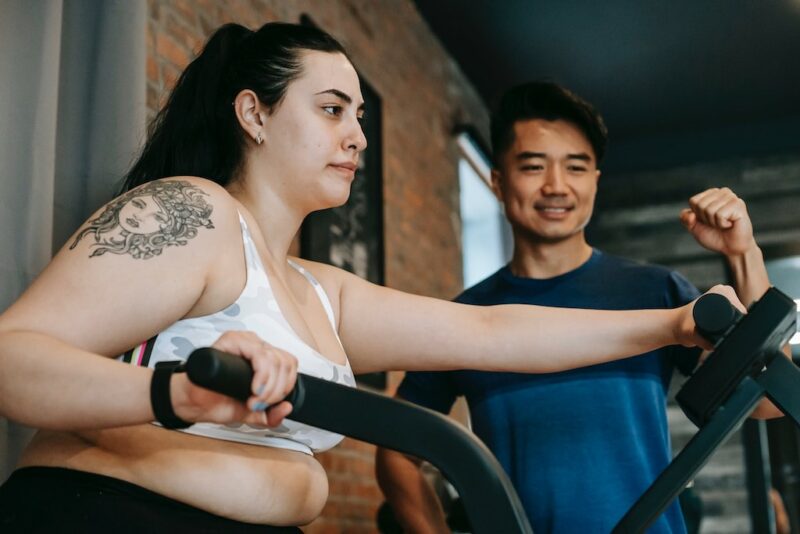
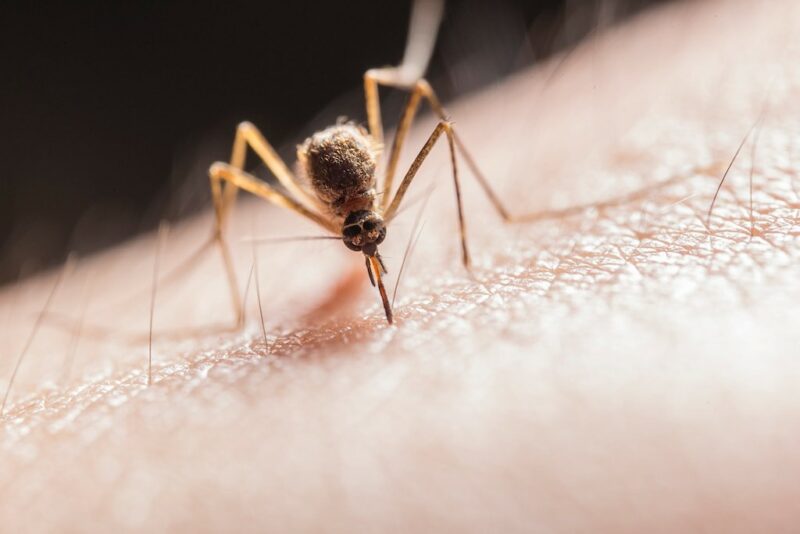

Leave a Reply